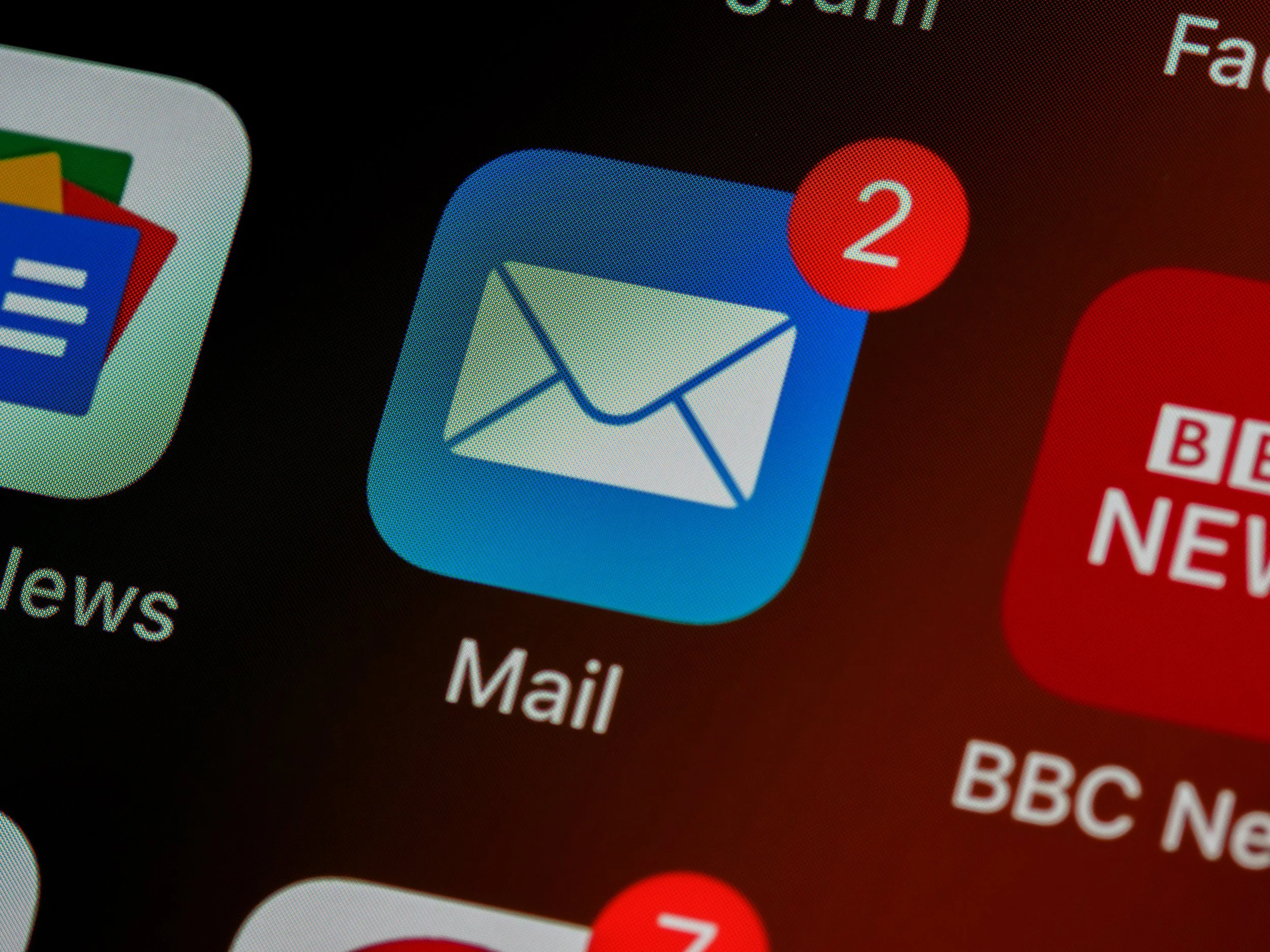Winning Marketing Tactics For Hospitality Businesses
In the highly competitive industry of hospitality, marketing plays a pivotal role in attracting and retaining customers. With the rise of digital marketing channels like social media platforms, hospitality business owners have a plethora of options to choose from.
However, with so many options available, it can be challenging to determine which tactics will be most effective.
In this article, we will explore winning marketing tactics for hospitality businesses that can help owners tailor their strategies to their venue's personality and target audience, select marketing avenues that fit their offering, and leverage niche opportunities like food and wine festivals and attracting influencers.
Effective marketing strategies for hospitality businesses require a deep understanding of the target audience and their preferences. By tailoring marketing tactics to the venue's personality and target audience, hospitality business owners can create a unique identity that resonates with their customers.
This can be achieved by conducting market research to understand the target audience's demographics, interests, and spending patterns.
By aligning marketing efforts with the target audience, hospitality businesses can create a personalized experience that enhances customer loyalty and retention.
In the following sections, we will discuss effective avenues for marketing hospitality businesses and how to leverage niche opportunities to boost brand awareness and drive customer engagement.
Tailor to Target Audience
The customization of marketing strategies to match the personality and preferences of the target audience is a crucial factor for hospitality businesses to enhance the effectiveness of their marketing efforts.
Personalization tactics that focus on customer profiling can help businesses identify the specific needs and interests of their target audience.
By understanding the demographics, psychographics, and behavior patterns of their customers, businesses can tailor their marketing messages to resonate with their target audience.
In addition to enhancing the effectiveness of marketing efforts, personalization tactics can also help businesses build stronger relationships with their customers. By showing that they understand and care about the needs and interests of their customers, businesses can foster loyalty and trust.
This can lead to increased customer retention, positive word-of-mouth referrals, and a better reputation in the industry. Overall, personalization tactics that focus on customer profiling can be a powerful tool for hospitality businesses to enhance their marketing efforts and build stronger relationships with their customers.
Effective Avenues
Selecting appropriate marketing channels based on the nature of the offering is crucial for effective promotion in the hospitality industry.
One avenue that has proven to be effective is email marketing. This technique involves sending promotional messages to a list of subscribers who have opted-in to receive updates from the business.
Compared to traditional media coverage, email marketing is more cost-effective and can yield higher response rates. It is an effective way to notify patrons of special deals, events, and news, and can help maintain customer loyalty by keeping them engaged with the business.
Another avenue that businesses can use to promote their offerings is traditional media coverage. This includes print, radio, and television advertisements.
However, the effectiveness of these channels can be mixed, as they can be expensive and may not always reach the targeted audience. Nevertheless, traditional media coverage can still be an effective tool for businesses that have a broad target audience.
It is important for businesses to carefully assess the potential benefits and drawbacks of each marketing channel, to ensure that they are selecting the most appropriate options for their marketing needs.
Niche Opportunities
Niche marketing opportunities in the hospitality industry, like a well-tuned instrument, can strike a chord with targeted audiences and effectively promote a business's offerings.
Food festivals, for instance, provide an excellent platform for businesses to showcase their culinary prowess and attract food enthusiasts.
These festivals offer a unique opportunity to connect with potential customers and build relationships with local suppliers. By using locally sourced and sustainable produce, businesses can not only promote their offerings but also contribute to the community's economic sustainability.
Additionally, food festivals can also help businesses establish themselves as ethical and socially responsible organizations that prioritize the health and well-being of their customers and the environment.
Influencer marketing is another effective niche marketing strategy that hospitality businesses can use to reach new audiences.
By partnering with influencers who have a significant following on social media platforms like Instagram and YouTube, businesses can leverage the influencer's reach and credibility to promote their offerings.
Influencer marketing allows businesses to tap into the influencer's audience and gain exposure to a broader demographic that they may not have been able to reach through traditional marketing channels.
Additionally, influencer marketing helps businesses establish themselves as trendy and fashionable establishments that cater to the younger generation, who are the primary consumers of influencer marketing.
Overall, niche marketing opportunities like food festivals and influencer marketing can help hospitality businesses differentiate themselves from their competitors and attract new customers.




